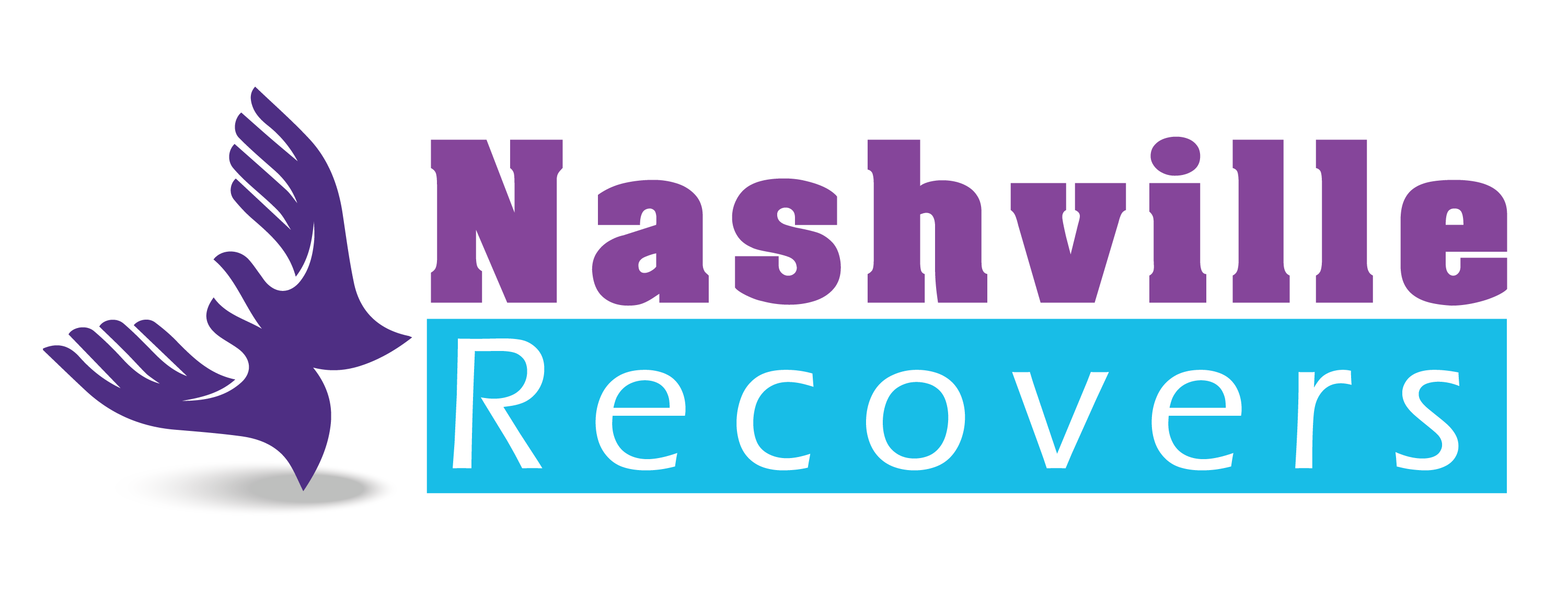Robin Williams’ suicide hit the recovery community hard.
My friend Ed M., a fellow recovering addict, had this thought first: “How does someone who comes out of rehab go home and kill themselves?”
“Here’s a guy surrounded by trained professionals who are there to help him identify issues and heal – and they missed the bleeding wound.”
Do what?
“We medicate with drugs and alcohol because we typically have some underlying issue. We show up at treatment centers and we’re taught how to change the prescription from drugs and alcohol to God. But we still have a bleeding wound – depression, bi-polar disorder, a childhood of neglect or abuse.
“Why are we afraid of talking about mental illness as it relates to addiction? Why don’t we treat co-occurring disorders equally? Let’s treat the addiction and the depression.”
 To be fair, at least two treatment centers in the Nashville area purport to do just that, The Ranch in Nunnelly, Tenn., and Voyage treatment center for young women in Murfreesboro.
To be fair, at least two treatment centers in the Nashville area purport to do just that, The Ranch in Nunnelly, Tenn., and Voyage treatment center for young women in Murfreesboro.
But Ed – and many others – are more concerned with those who never make it to treatment.
“If we don’t eradicate the stigma surrounding mental health and addiction, we’ll never have the resources or the pathways to give people the freedom, to make people realize help is available to end their suffering,” Ed, 42, a Franklin businessman, says.
“The depression that came along with my addiction was very real and I couldn’t understand why I was sober and yet felt so hopeless.”
Studies show something like 50-60% of alcoholics and addicts have co-occurring mental health disorders, and something like 40% of those with mental illness have addictions.
Some call it “double trouble.” Most refer to “co-occurring disorders.” And it is rampant in the mental health world.
The sad fact is that there are only one or two 12-step groups each week in the Nashville area for people with co-occurring disorders.
“I was fortunate enough to have the resources to seek help privately. I also had a network of supportive individuals – not family, by the way,” said Ed, who has four years clean.
Yes indeed, stigma around addiction and mental illness affect Ed in very personal ways.
“My own family and closest friends are not even capable of engaging in a discussion about it. The most powerful healing in my life came from strangers.
 “I hope Robin Williams’ death ignites the conversation, and from that discussion, someone is able to seek help and realize that they are not toxic, contagious, or a worthless human soul. They shouldn’t be ashamed.
“I hope Robin Williams’ death ignites the conversation, and from that discussion, someone is able to seek help and realize that they are not toxic, contagious, or a worthless human soul. They shouldn’t be ashamed.
“It’s an illness, not a moral deficiency.”
OK, let me be devil’s advocate – When celebrities die from addiction or co-occurring mental illness, is it too easy to blame on fast lifestyles and ego instead of disease?
Did Philip Seymour Hoffman’s death change the conversation? Did Kurt Cobain’s death make it easier for mentally ill addicts to seek help?
“Unfortunately no,” Ed says. “What’s easy is to blame the individual for poor choices, whether they’re a rock star or a ditch digger who has repeated let down his family.
“The discussion needs to follow the science and what we know about brain chemistry. Let’s ask someone to stop eating for a week or to turn off their reflexes and see what kind of choices they’re capable of making.
“I don’t have contempt for people, my own family included, who still think addiction and mental illness are moral weaknesses. I hope to live my life in a way that gets them to see differently and I want to love them through the process.”
Lots of folks say they can’t relate at all to Robin Williams’ death, to addiction or to suicide. And to them, I say, God bless.
I know for me, when I got that second DUI, I was in a wicked funk that next morning. Yes, there were 15 minutes there where I was wondering if the world wouldn’t be a better place without me. I really considered, briefly, well, maybe it would be so much easier if I killed myself.
That’s tough to admit. I’ve been sitting here for 10 minutes wondering if I should leave that in this blog.
But let me ask you, even if you’re not an addict, if you’ve never had a mental illness:
Have you ever had a moment, even if it was fleeting, where you considered suicide?
Maybe after a death in the family, after you got dumped by your boyfriend or girlfriend, after a cancer diagnosis, after getting rejected from a school, a college, law school or a club, after a divorce?
Have you had a moment, even just a few seconds, where the pain was so overwhelming, you literally didn’t know what you were going to do to get some relief?
Maybe we’re not so different from Robin Williams after all.

Recent Comments